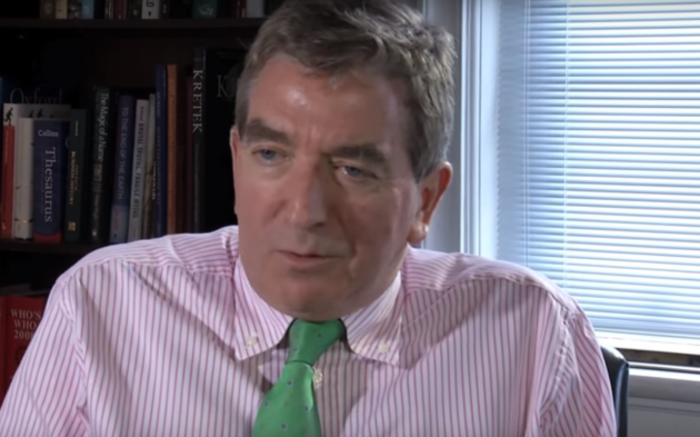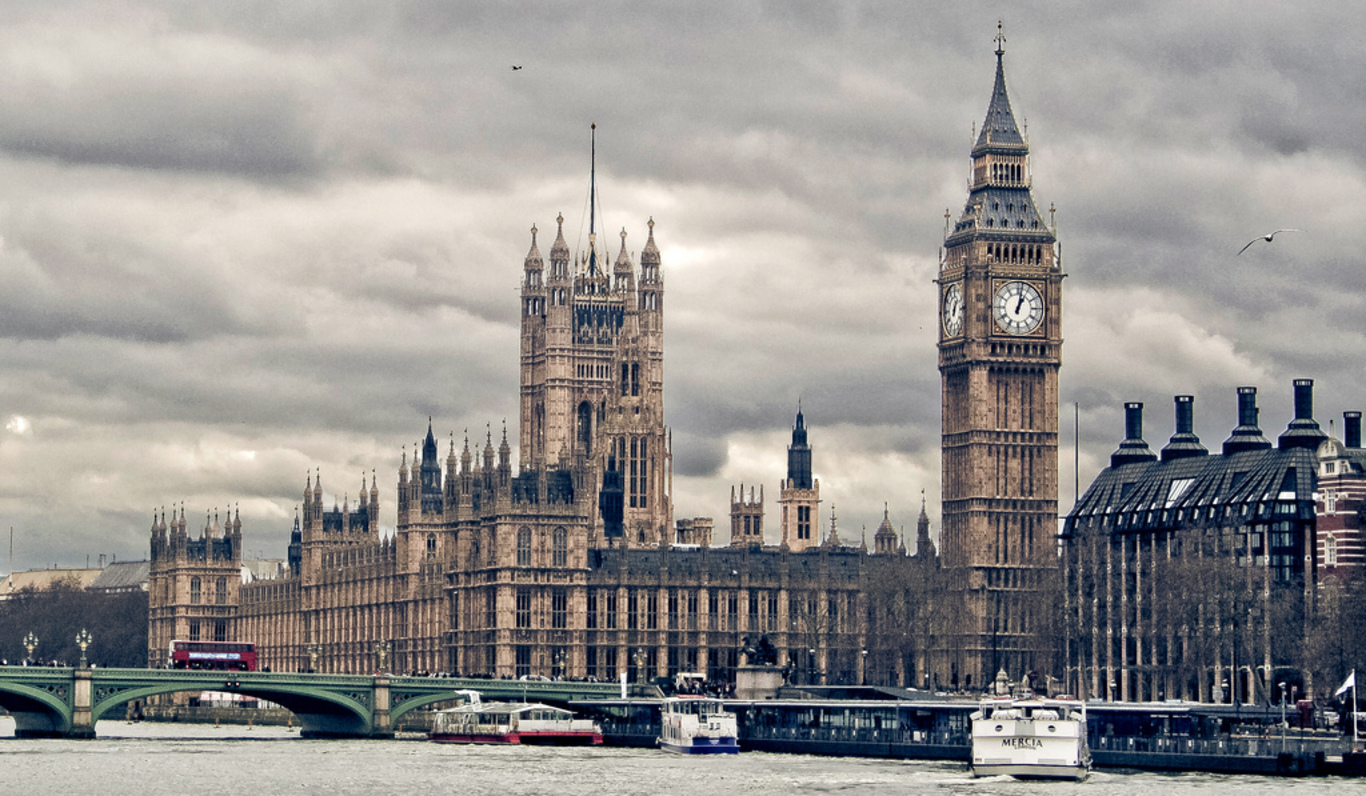'Don't believe the Brexit hype - Irish companies should keep focused on UK trading'
That’s according to respected businessmen Niall FitzGerald, the former head of multinational Unilever.
IRISH COMPANIES SHOULD focus on trading more with the UK rather than less in the wake of the Brexit vote, according to one of the country’s most respected businessmen.
Sligo native Niall FitzGerald, who served as the chairman and chief executive of consumer goods giant Unilever, also said that Ireland and the UK need to form education partnerships in an effort to prevent a “brain drain”.
FitzGerald, who held senior positions at a huge range of companies including Reuters, Bank of Ireland and Ericsson, is now also a patron of the British Irish Chamber of Commerce.
Speaking at an executive lunch in leading corporate law firm A&L Goodbody yesterday, he warned that about the dangers of the UK’s vote to leave the EU.
“The UK is Ireland’s largest two-way trading partner and the ESRI calculated that Brexit could potentially reduce trade between us by 20%. Clearly, we ain’t seen nothin’ yet,” he said.
“With the world’s sixth largest economy getting ready to leave the world’s largest trading bloc and the prospect of hundreds of thousands of UK job losses, we are surely in the calm before the very dangerous storm.”
UK links
FitzGerald said that in the immediate aftermath of the referendum and with the consequent slide in sterling, “it may seem rational to urge Irish exporters to the UK to diversify to other markets”.
However, he added: “Businesses can’t simply open up new markets that are slow, expensive and just plain awkward to trade with, compared to the ease of trading between nearest and most similar neighbours.
 Former Unilever CEO Niall FitzGerald
Former Unilever CEO Niall FitzGerald
“Irish businesses seeking to protect themselves from any future barriers to trading with the UK should be helped, not discouraged, to secure a base within their nearest neighbour,” he said.
“With the UK currently taking 53% of its imports from EU member states, there is substantial opportunity for Irish suppliers to replace some of that trade on a tariff-free basis by establishing directly within the UK.”
FitzGerald’s advice is likely to come as something of a surprise to some exporters, many of whom are looking to diversify their business so as not to be over-exposed to any potential Brexit shocks.
Although many of the doomsday predictions surrounding Brexit have so far proved unfounded – economic indicators such as consumer spending are still performing strongly – the clearest effect has been a substantial drop in the value of the pound, which plunged to a 31-year-low today.
Research partnerships
FitzGerald added that Ireland and the UK should look to link up on the area of education, as he says that researchers in the UK are now set to face funding difficulties.
Of immediate worry for Britain – but definite opportunity for Ireland – are signs that billions of pounds of critical EU-driven funding of UK education and research – which sustains universities across Britain and Northern Ireland – is drying up.
“Already, some of the world’s foremost researchers are seeking a new base within the EU, facing loss of their lead role on key research programmes or indeed outright exclusion from pan-European research consortia,” he said.
“Ireland can, and does, offer a very attractive domain for these displaced highly talented research academics and for the huge funding which the EU bestows on their work (but) our universities – most of them – are falling behind in world rankings just when they need to be winning research projects by moving up.
“It’s absolutely in their (the UK) interest and in that of Ireland’s universities that new partnerings are formed between the two islands that can quickly stave-off a brain-drain to elsewhere.”






